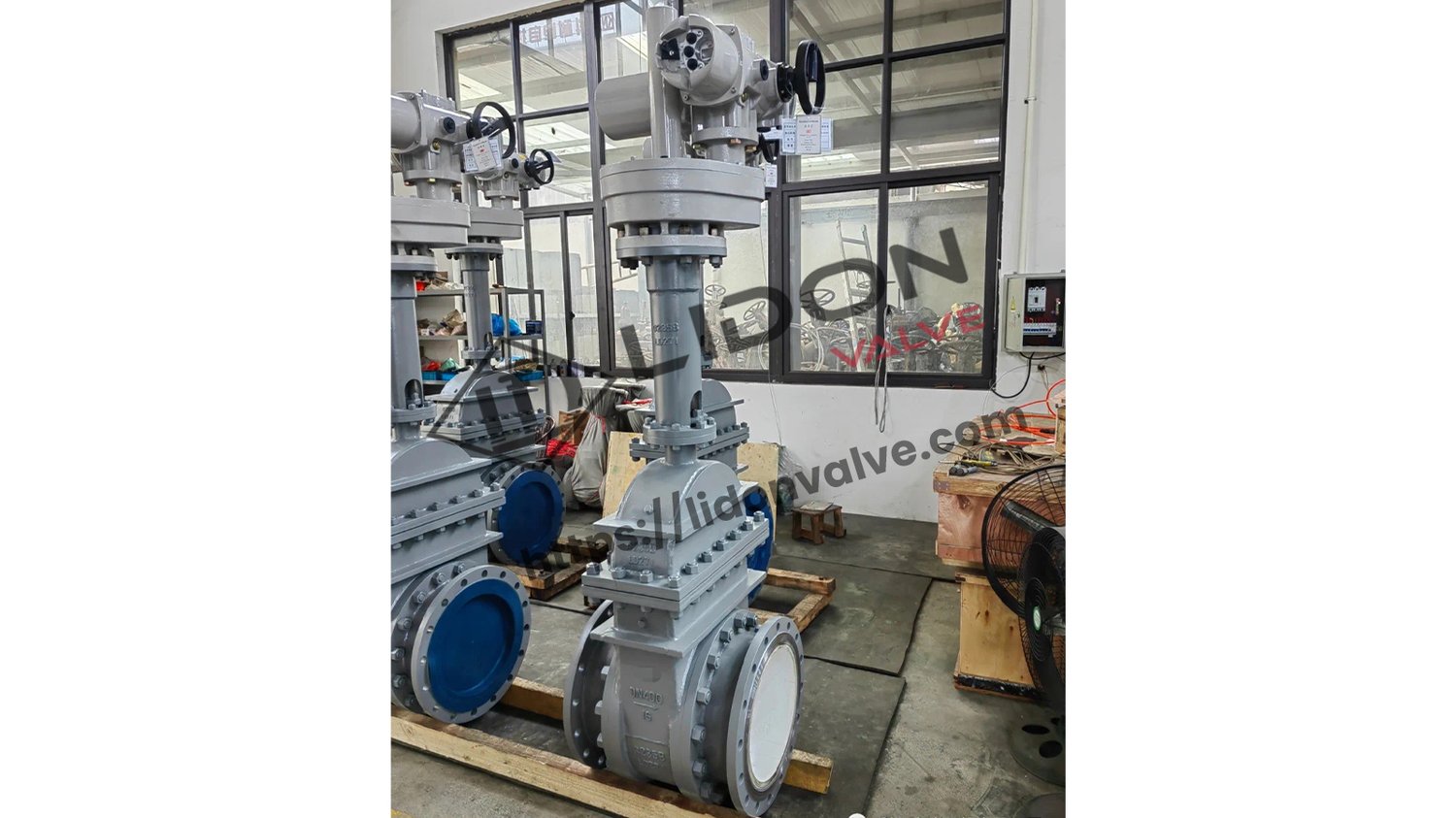Introduction
Gate valves are an essential component in many industrial processes. They are used to regulate the flow of liquids, gases, and vapors through pipelines. However, sometimes gate valves can fail, leading to costly downtime and maintenance expenses. In this article, we will explore the various reasons why gate valves fail.
Poor Installation
Gate valves require proper installation to function optimally. Poor installation can lead to leaks or even complete valve failure. It is critical to ensure that the valve is installed correctly, including the correct orientation of the valve and proper alignment of flanges.
Corrosion of Gate Valves
Corrosion is a common problem in industrial environments. Gate valves can corrode due to exposure to harsh chemicals or the elements. Corrosion can cause the valve to get stuck in a fixed position, making it impossible to close or open. A corroded valve cannot function properly and needs to be repaired or replaced.
Dirt and Debris
Gate valves can accumulate dirt and debris over time, which can affect their operation. Dirt can build up in the valve seat, preventing the valve from fully closing. Debris can also cause damage to the valve's interior parts, leading to leaks or failure.
Excessive Pressure of Gate Valves
Gate valves are designed to operate within specific pressure ranges. Excessive pressure can cause the valve to fail by rupturing internal parts or causing the valve to become unresponsive. It is crucial to ensure that gate valves are not exposed to pressure outside of their rated capacity.
Poor Maintenance
Like any industrial component, gate valves need proper maintenance to function optimally. Poor maintenance, such as infrequent lubrication or failing to perform regular inspections, can cause the valve to fail.
Material Defects of Gate Valves
Gate valves can have material defects due to manufacturing errors. These defects can include cracks or weaknesses in the valve body or stem. Material defects can cause the valve to fail prematurely, even with proper installation and maintenance.
Temperature Fluctuations
Temperature fluctuations can cause gate valves to expand or contract. This expansion and contraction can cause parts to shift or become misaligned, leading to leaks or valve failure. It is crucial to ensure that gate valves are rated for the temperature range in which they will be operated.
Improper Operation of Gate Valves
Gate valves are designed to be operated in a specific manner. Improper operation, such as forcing the valve open or closed too quickly or using the valve to regulate flow in the wrong direction, can cause damage to the valve's interior parts and lead to failure.
Wear and Tear
Over time, gate valves can experience natural wear and tear. This wearing down of internal parts can cause the valve to fail. Regular inspections and maintenance can help identify worn parts before they cause failure.
Compatibility Issues
Gate valves can fail due to compatibility issues with the fluid or gas being transported through the pipeline. Certain fluids can erode the valve's interior parts, causing leaks or failure. It is essential to ensure that gate valves are rated for the specific fluid or gas being transported. gate valve, failure, industrial processes, poor installation, corrosion, dirt, debris, excessive pressure, poor maintenance, material defects, temperature fluctuations, improper operation, wear and tear, compatibility issues Why do gate valves fail?? Exploring the Common Causes of Valve Failure Learn why gate valves fail and how to prevent costly downtime and maintenance expenses caused by valve failure.

